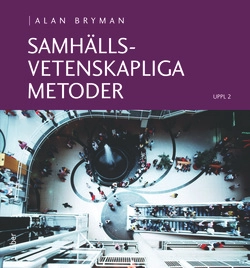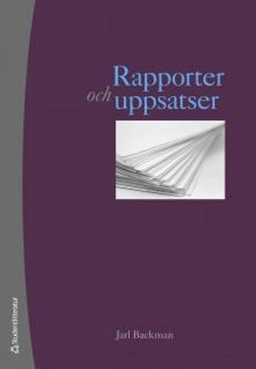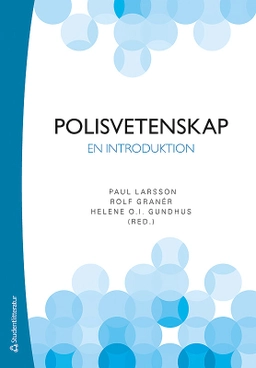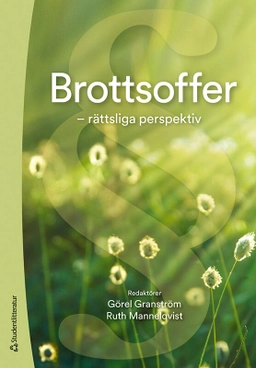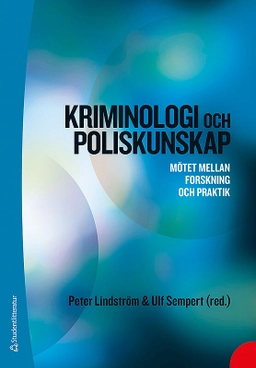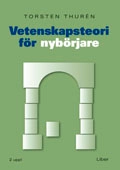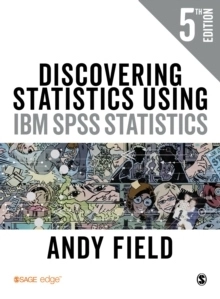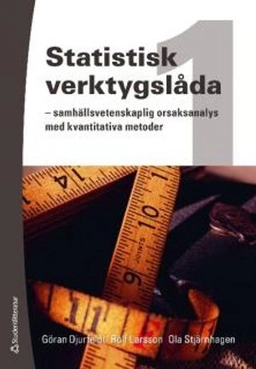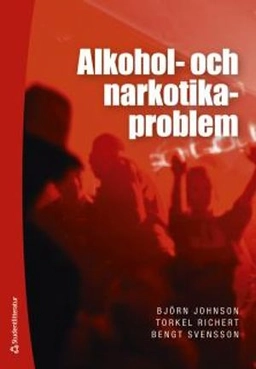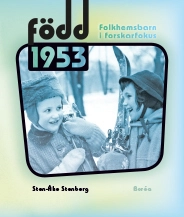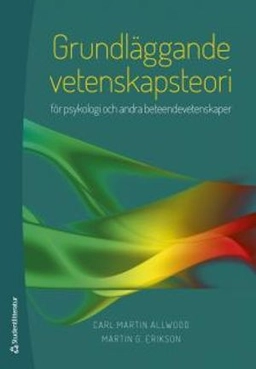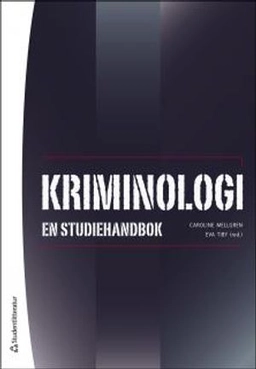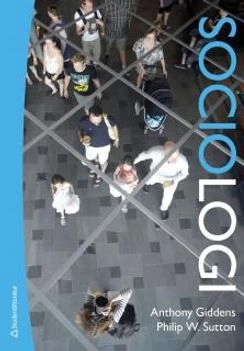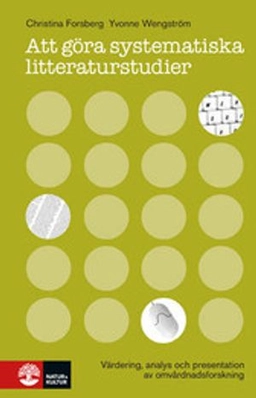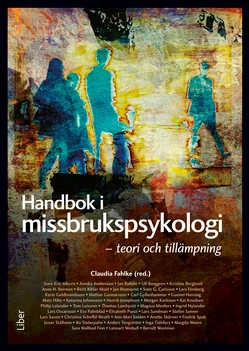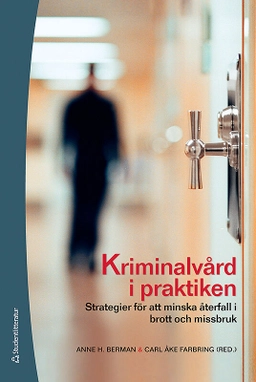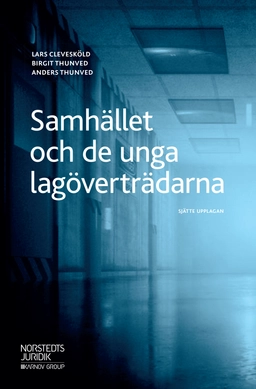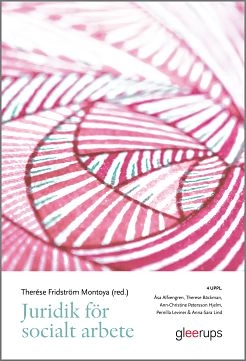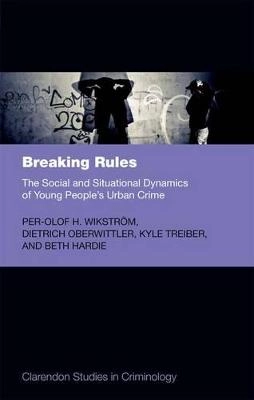

Breaking rules : the social and situational dynamics of young people´s urban crime
- Utgiven: 2012
- ISBN: 9780199592845
- Sidor: 512 st
- Förlag: Oxford University Press
- Format: Inbunden
- Språk: Engelska
Om boken
Åtkomstkoder och digitalt tilläggsmaterial garanteras inte med begagnade böcker
Mer om Breaking rules : the social and situational dynamics of young people´s urban crime (2012)
2012 släpptes boken Breaking rules : the social and situational dynamics of young people´s urban crime skriven av Per-Olof H. Wikström, Dietrich Oberwittler, Kyle Treiber, Beth Hardie. Den är skriven på engelska och består av 512 sidor. Förlaget bakom boken är Oxford University Press.
Köp boken Breaking rules : the social and situational dynamics of young people´s urban crime på Studentapan och spara uppåt 30% jämfört med lägsta nypris hos bokhandeln.
Referera till Breaking rules : the social and situational dynamics of young people´s urban crime
Harvard
Oxford
APA
Vancouver
